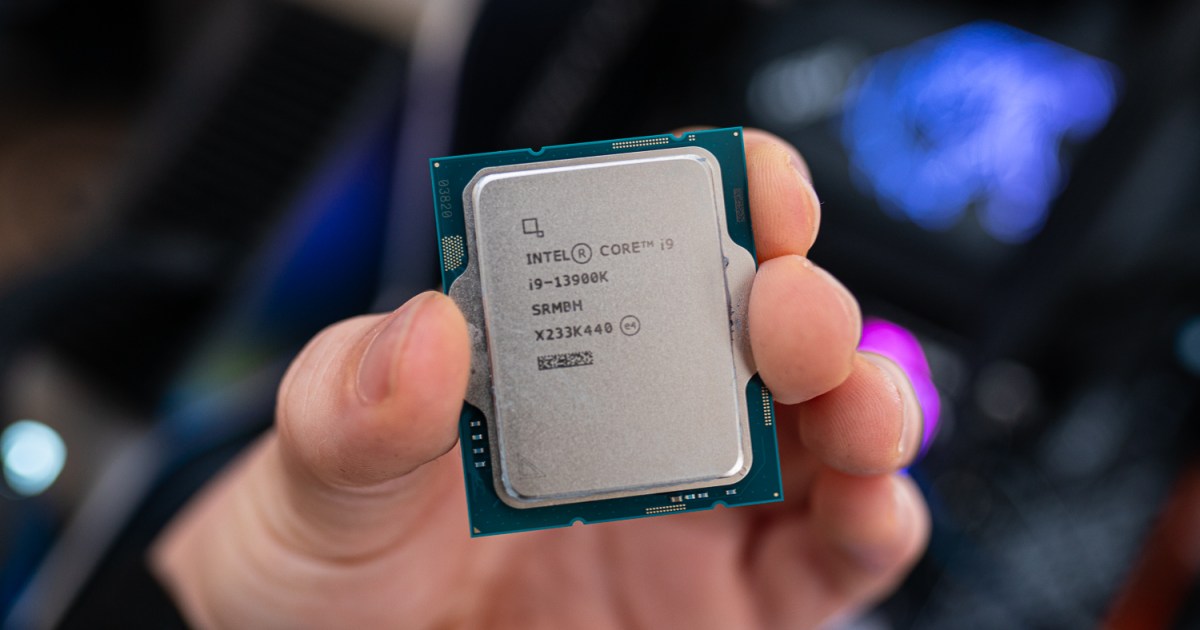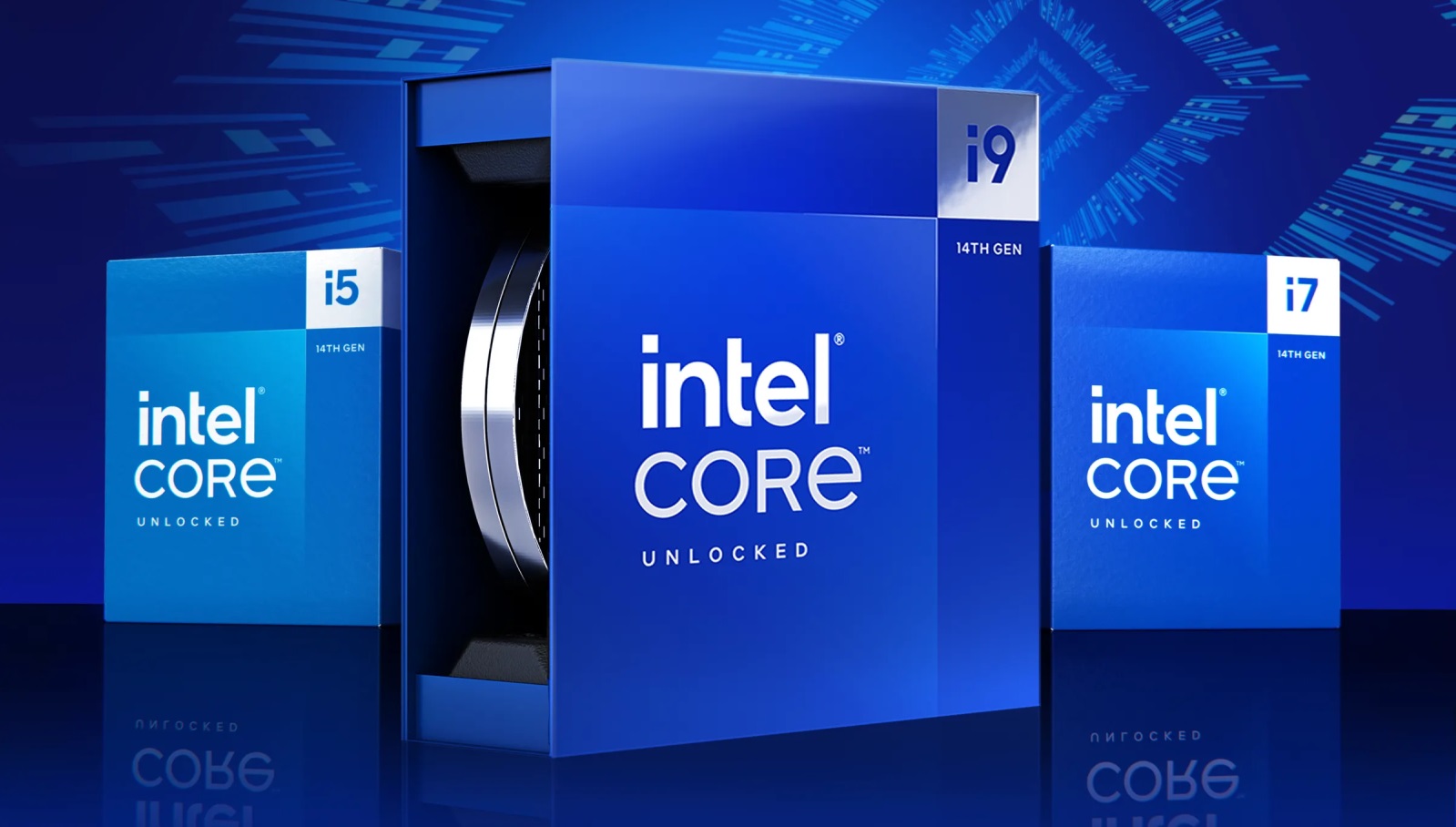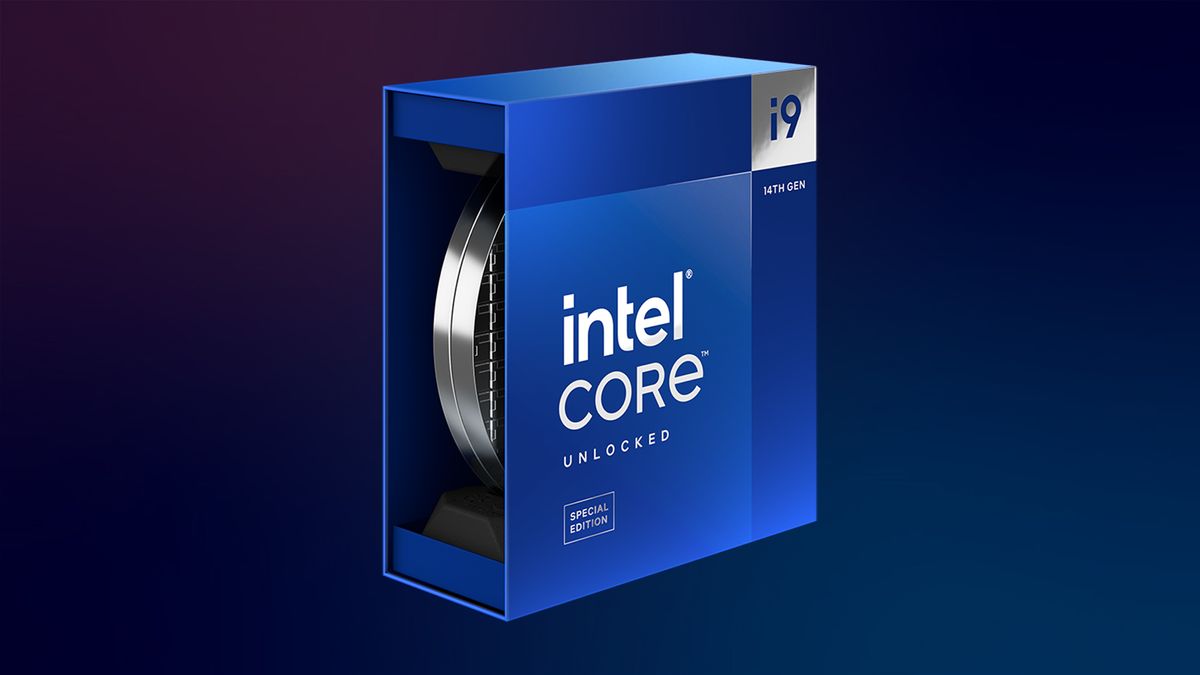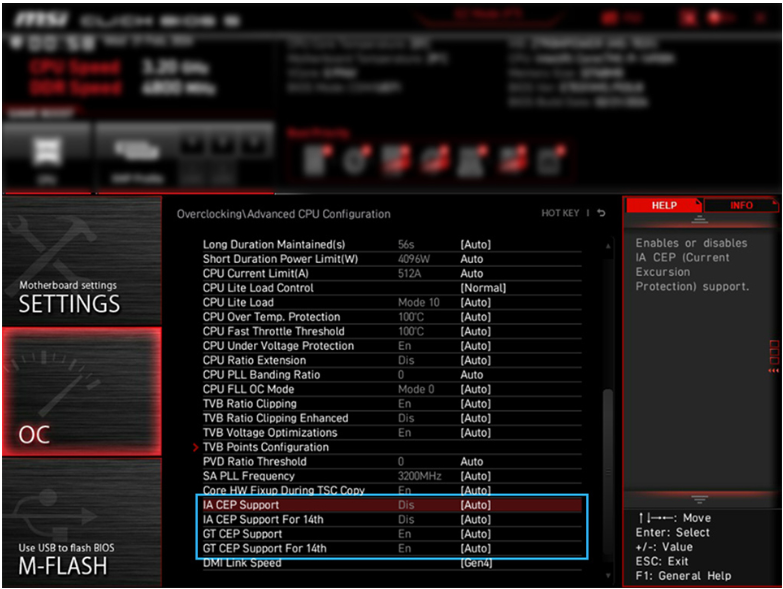SpyderTracks
We love you Ukraine
So there's been a lot of upset gathering steam on the inter webs with intermittent games crashes on Intel 13th and 14th gen.
Workarounds range from underclocking to disabling ecores.
BUT, there are a lot of people finding that simply disabling hyperthreading is a proper solution.
The findings so far is that crashes are far more frequent on games developed on Unreal Engine 4 and 5, and I've certainly had a few examples of this where disabling hyper threading immediately corrected the issue.
Affected titles include Hogwarts Legacy, Fortnite, Remnant 2, Nightingale, and more.
No word from Intel as yet, but it does seem there may be a correlation as Intel have confirmed they're removing hyper threading from CPU's from now on

 www.digitaltrends.com
www.digitaltrends.com

 steamcommunity.com
steamcommunity.com
 pchelpforum.net
pchelpforum.net

 www.guru3d.com
www.guru3d.com
Workarounds range from underclocking to disabling ecores.
BUT, there are a lot of people finding that simply disabling hyperthreading is a proper solution.
The findings so far is that crashes are far more frequent on games developed on Unreal Engine 4 and 5, and I've certainly had a few examples of this where disabling hyper threading immediately corrected the issue.
Affected titles include Hogwarts Legacy, Fortnite, Remnant 2, Nightingale, and more.
No word from Intel as yet, but it does seem there may be a correlation as Intel have confirmed they're removing hyper threading from CPU's from now on

Intel's top CPUs may be crashing in demanding games | Digital Trends
Many users are reporting issues with crashes in games on Intel's top CPUs, including the Core i9-14900k.

PSA: Try turning off E-Cores if crashing with Intel CPU :: Cities: Skylines II General Discussions
I was getting crashes every 10 minutes while trying to play, and turning off E-cores with Process Lasso fixed them entirely. I have played for 8 hours straight without a single crash after having a 10 crashes in 2 hours before the change. My PC specs: i9-13900k RTX 3090 32GB RAM I am running at...
Solved - All games having crashing issues suddenly
Hi everyone, im hoping to get some insight on what the problem with my pc could be. Here are my pc specs: CPU: 13700kf GPU: PNY XLR8 4090 RAM: G.Skill ddr5 6400mhz cl32 Mobo: MSI Z790 Tomahawk PSU: Corsair RM1200 SHIFT AIO: Arctic Liquid freezer II 360 SSD: Kingston kc2500 2tb, firecuda 2tb...

Intel 15th-Generation Arrow Lake-S: A Shift Away from Hyper-Threading Technology?
Recent leaks have revealed insights into Intel's 15th-Generation Arrow Lake-S platform, particularly focusing on its CPU architecture and potential shift in multi-threading approach.






